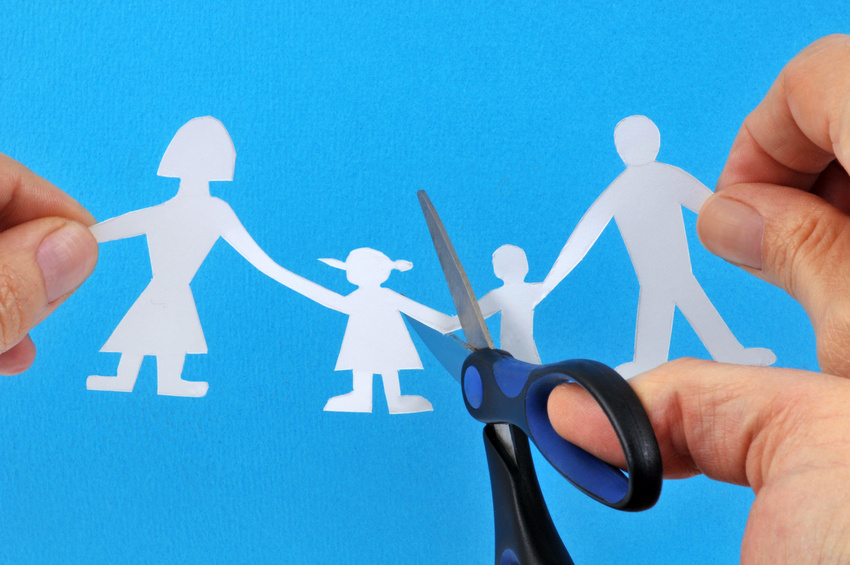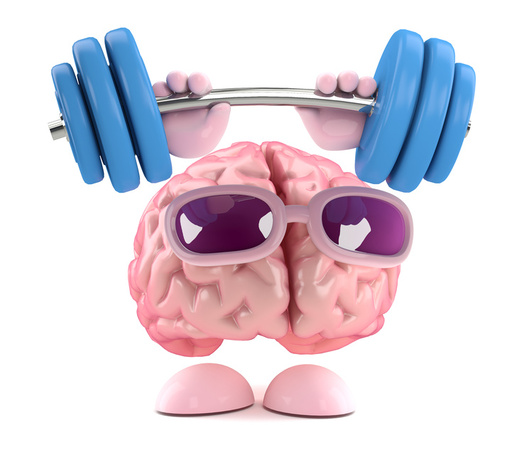
The following information was copied from the APA website at www.apa.org
No one enters into a marriage expecting it to fail. Still, more than 20 percent of first marriages end in divorce within five years, and 48 percent of marriages dissolve by the 20-year mark, according to 2006-2010 data from the government’s National Survey of Family Growth. Separation and divorce are emotionally difficult events, but it is possible to have a healthy breakup.
Cooperation, communication and mediation
The end of a marriage typically unleashes a flood of emotions including anger, grief, anxiety and fear. Sometimes these feelings can rise up when you least expect them, catching you off guard. Such a response is normal, and over time the intensity of these feelings will subside. In the meantime, be kind to yourself. Researchers have found that people who are kind and compassionate to themselves have an easier time managing the day-to-day difficulties of divorce.
Try not to think of the breakup as a battle. Divorce mediation is often a good alternative to courtroom proceedings. Trying to work things out yourself can be frustrating and self-defeating as the problems that contributed to your divorce are likely to re-emerge during divorce negotiations. Research shows that mediation can be beneficial for emotional satisfaction, spousal relationships and children’s needs.
Sitting down and speaking with your soon-to-be-ex-spouse may be the last thing you want to do, but cooperation and communication make divorce healthier for everyone involved. Talking things through with a psychologist may help you reach coordinated decisions with a minimum of conflict. It can be difficult to remember important details when emotions are running high. Pick a time when you’re feeling calm to write down all the points you want to discuss. When you do sit down with your soon-to-be-ex-spouse, use the list as your guide. Having a “script” to work from can take some of the emotion out of face-to-face communication. If in-person discussions are still too difficult, consider handling some of the details over email.
When kids are involved
Divorce can be a traumatic experience for children, but research suggests that most children adjust well within two years following the divorce; on the other hand, children often experience more problems when parents remain in high-conflict marriages instead of splitting up. During a divorce, parents can do a lot to ease the child’s transition. Do your best to keep any conflict away from the kids. Ongoing parental conflict increases kids’ risk of psychological and social problems. It’s often helpful for divorcing parents to come up with a plan and present it to their children together. And, keep the lines of communication open. Kids benefit from having honest conversations about the changes their family is experiencing.
In many cases, sudden change can be hard on children. If appropriate, give them a few weeks’ notice before moving them to a new home, or before one spouse moves out. It can be helpful to minimize changes as much as possible in the months and years following a divorce. Kids do better when they maintain close contact with both parents. Research suggests that kids who have a poor relationship with one or both parents may have a harder time dealing with family upheaval. Parent education programs that focus on improving the relationship between parents and their kids have been shown to help children cope better in the months and years following the divorce.
Taking care of yourself
The changes brought on by separation and divorce can be overwhelming. But now more than ever, it’s important to take care of yourself. Tap into your support network, turning to family and friends for assistance and comfort. Formal support groups can also help you cope with the many emotions of a marriage ending. To stay positive as you start a new chapter, try getting involved in activities you used to love but haven’t done in a while. Or try new hobbies and activities. Stay physically healthy by eating right and getting exercise.
How psychologists can help
Divorce is a difficult time for the entire family. Divorcing spouses and their children can benefit from speaking to a psychologist to help them deal with their emotions and adjust to the changes. Psychologists can also help you think carefully about what went wrong in your marriage so you can avoid repeating any negative patterns in your next relationship.






 RSS Feed
RSS Feed
